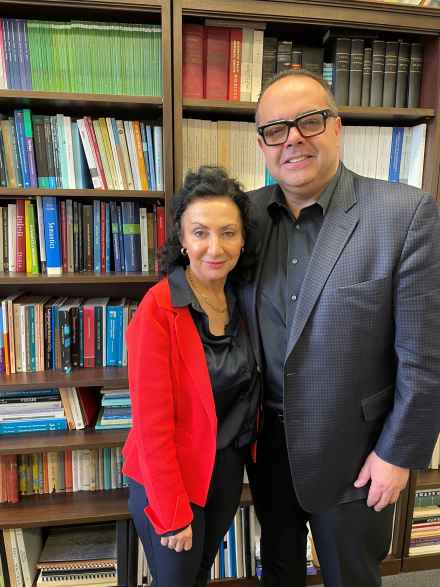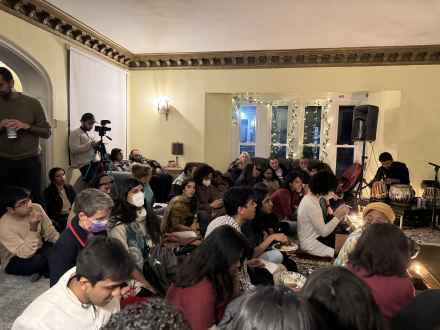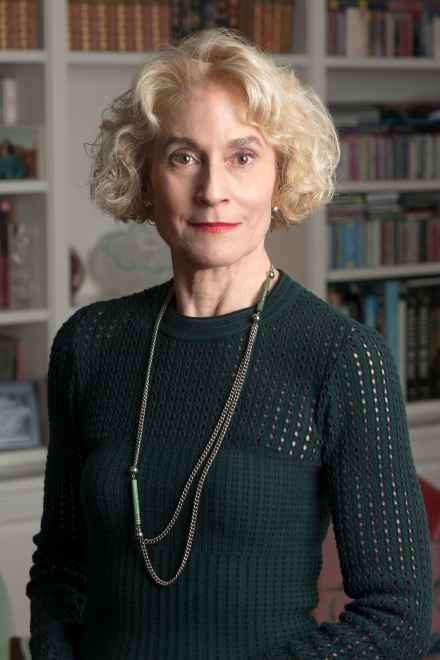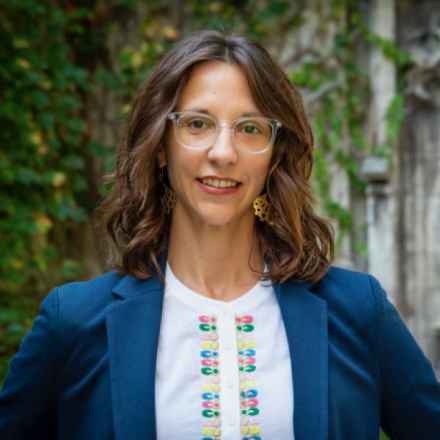Humanities Division Strengthens Its Commitment to Teaching the Modern Greek Language
UChicago’s Division of the Humanities announces a $1.25 million gift for the study of the modern Greek language from the Alexander S. Pissios Family Foundation Fund for Teaching of the Greek Language. This generous gift from Alexander Pissios, UChicago College 2026 parent, will support the teaching of Greek through the Division of the Humanities and the Center for Hellenic Studies.
“What unifies the Greeks is their language, which presents a continuous unbroken tradition that stretches back in time for more than 3,000 years,” said Anastasia Giannakidou, founder and inaugural director of the Center for Hellenic Studies and the Frank J. McLoraine Professor in the Department of Linguistics at UChicago. “Modern Greek is a small language in the U.S., but an important element in the identity of the Greek diaspora and in need of revitalization."



